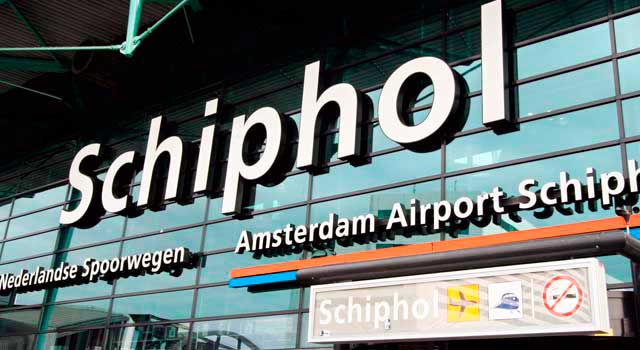Amsterdam’s Schiphol Airport has been ordered to reduce the number of flights it handles to just 460,000 movements per year in order to meet new environmental and noise pollution targets set by the Dutch government.
The Royal Schiphol Group, which operates the airport, will be forced to cut the number of flight movements by 40,000 from the current half-a-million cap, although the airport did not set out a timeline for when the cuts would be made.
The central government wants the airport to reduce annual flight movements even more to just 440,000 flights per year but Schiphol said its plan was a “necessary intermediate step”.
In fact, rather than implement a crude flight cap at all, Schiphol has called on the government to introduce a new flight management system which has been in the works for nearly 10 years.
Once the Airport Traffic Order is implemented, flight movements won’t be subject to a single cap but older, noisier and more polluting planes will be subject to various restrictions.
Schiphol says the system would “make it clear to the aviation sector what is and what is not allowed” which could result in airlines investing more in newer, quieter and more fuel-efficient aircraft.
Essentially, the airport operator says airlines need to have carrot, as well as stick, to persuade them to invest faster and heavier in a more sustainable future.
Transportation Minister Mark Harbers says the government also wants to lift its crude flight cap but that the Airport Traffic Order could still be five years away from becoming law because more research is required.























